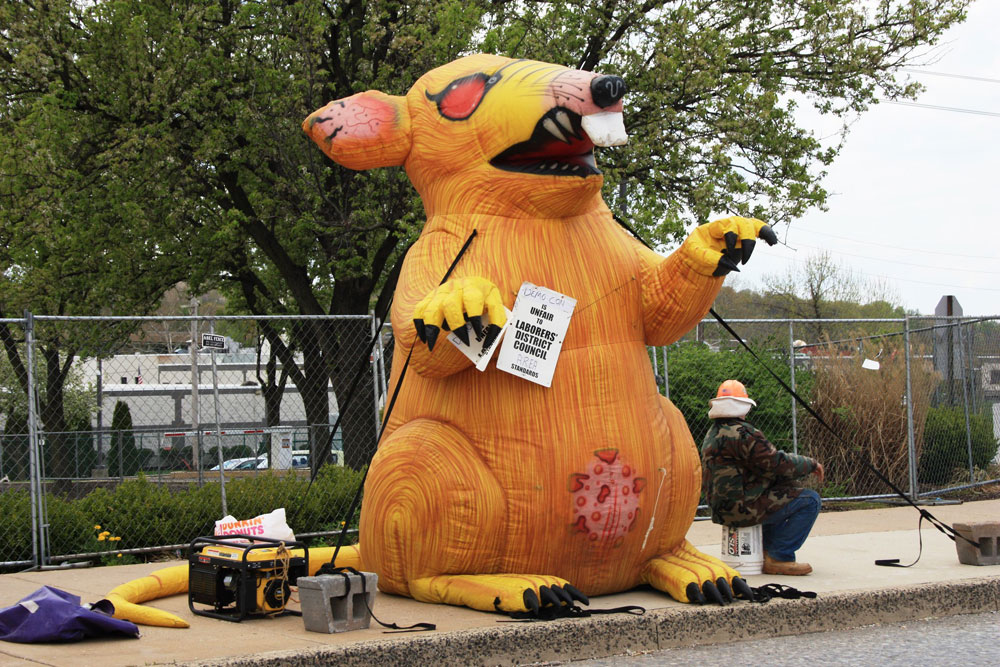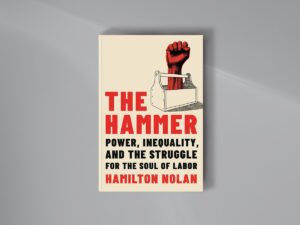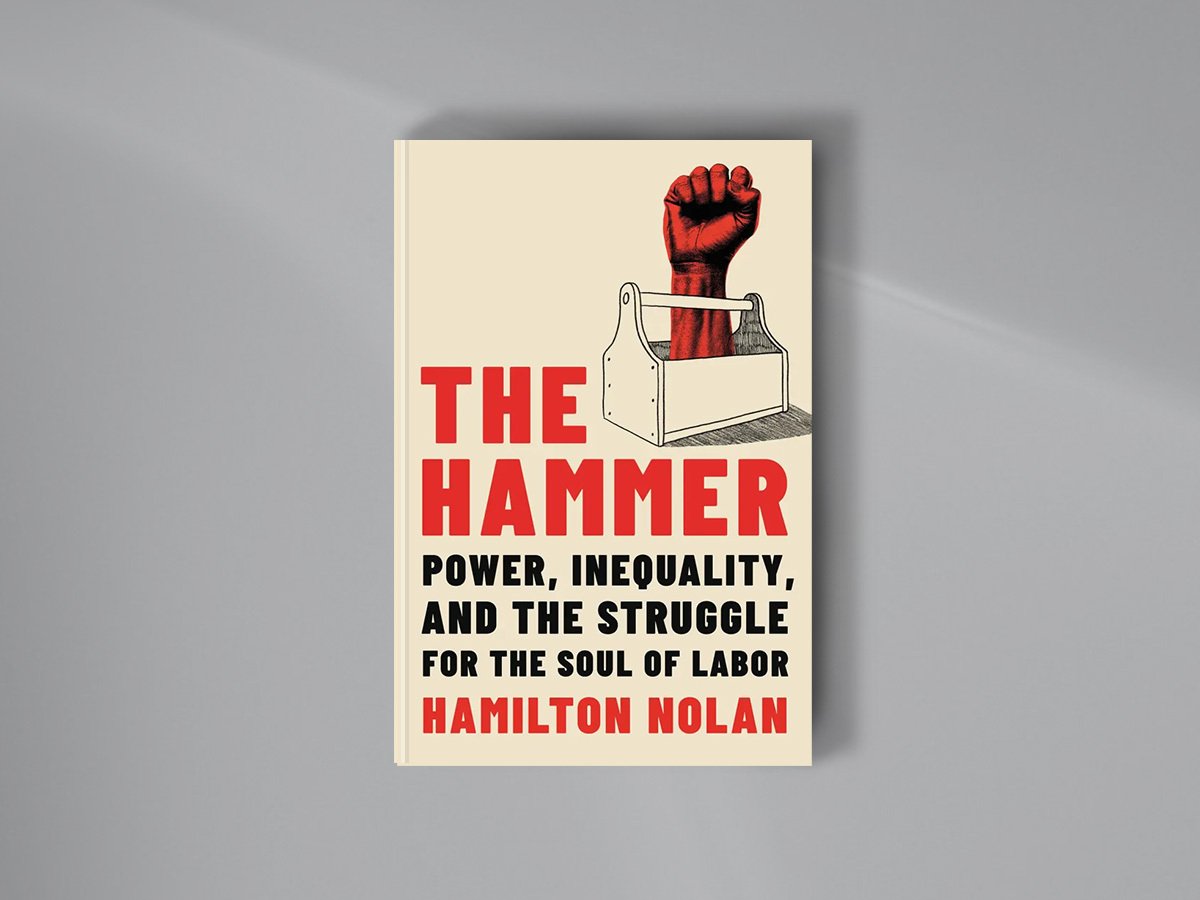
October 28, 2020; Chicago Tribune
If I told you that the National Labor Relations Board (NLRB) was working on ridding the nation of rats, you might think that was a good thing. But if I then said it was only concerned about inflatable rats, usually two or three times the size of a large person, that were displayed at worksites where unions protested, you might have a change of heart. That is the case with “Scabby the Rat,” who has graced the streets of cities across the country for the last 30 years. Scabby’s fate now rests with the NLRB and perhaps other federal courts.
All this for an inflatable rat? Some background may be called for. Scabby was “birthed” in Chicago, though two local unions dispute which one owns his origin. But from his beginnings, he has been made by Big Sky Balloons in southwest suburban Plainfield, Illinois. Scabby the Rats range in size from 6 feet to 25 feet, and in price from about $2,600 to $9,300 each. Big Sky says the first Scabby was commissioned in 1990 by the District Council 1 of the International Union of Bricklayers in Elmhurst, Illinois. Operating Engineers Local 150 claims it came up with the name Scabby in a 1989 contest, hence the dispute over Scabby’s origins. But the rat’s union roots run deep.
This past week, the NLRB brought Scabby’s fate to the court of public opinion. They invited comment on a case that seeks to determine if the use of Scabby to protest the hiring of nonunion labor violates the National Labor Relations Act. The case is two years old and could be the poison that takes out this inflatable rat.
The details are most intriguing, whether you are a rat lover or not. In 2018, a complaint was filed by Elkhart RV parts manufacturer Lippert Components against the International Union of Operating Engineers Local 150, which is based in west suburban Countryside, Illinois. The complaint alleges the union posted a 12-foot inflatable rat (one of the many Scabbys) and two banners near the public entrance of an RV trade show in Elkhart to deter attendees. While an administrative judge ruled in July 2019 that the union did not violate the National Labor Relations Act, the board of Lippert Components is challenging that ruling.
“Nobody was able to drive by or enter the Thor RV Show without encountering the large hostile rat, oversize stationary banners, and the Local 150 agents, each of which indicated to Thor employees and show visitors alike that they were entering the territory of some sort of [union-management] dispute,” Tiffany Limbach, an attorney for the NLRB, wrote in a September 2019 brief. “The rat and banners created a symbolic and confrontational barrier to anyone seeking to enter or exit the Thor RV Show.”
Sign up for our free newsletters
Subscribe to NPQ's newsletters to have our top stories delivered directly to your inbox.
By signing up, you agree to our privacy policy and terms of use, and to receive messages from NPQ and our partners.
This dispute over displaying a rat will now continue with a brief being filed with the NLRB by Operating Engineers Local 150 and by others who wish to do so and have gone to the NLRB website by December 28th. Local 150 sees this as a First Amendment matter. “There’s no way to change the labor laws that’s not an impediment on our First Amendment rights,” Ed Maher, spokesman for Local 150, said Tuesday. “Any change to this law would be a limitation of free speech.”
In a September 2019 op-ed in the Washington Post, Mark Lasswell wrote about Scabby, saying, If Scabby’s speech rights were restricted, it would be lamentable not only on First Amendment grounds but also on the grounds that unions have already suffered enough from self-inflicted wounds.”
“There are few enough remaining unionized carpenters and joiners and electrical workers,” Lasswell says. “Let ’em trot out Scabby the Rat whenever they like.”
And it looks as though Scabby will have his defenders wherever this NLRB suit takes him. It will take stronger poison than this to kill this rat, according to his union supporters.
“Scabby has been up against various foes since we invented him. We’ve gone to federal court, he’s been through state court, he’s been in three federal circuits,” Maher said. “If the NLRB is determined to limit his use, which they certainly appear to be, we’ll take up the fight for Scabby wherever we have to.”—Carole Levine













